3 Important Exercises Baseball Players Should Perform Inseason
Baseball season is right around the corner and hopefully our athletes have participated in an offseason strength and conditioning program. Achieving optimal weight, improving movement patterns and getting as strong as possible are prized during this time.
But now that the season has arrived, what should you implement into baseball players’ fitness programs to maximize performance?
3 Important Exercises Baseball Players Should Perform Inseason
Players will begin to hit, throw and sprint with significantly more intensity and volume as the season kicks off. When players try to match this volume in their fitness program it is often detrimental to success.
At our facility, we aim to provide players with lower body exercises that limit soreness, maintain power and help players recover before their next practice session or game. Remember that the minimal effective dose of exercise is always the goal.
Here are three exercises that can be included in the same training session to maximize in-season performance.
Elevated Trap Bar Speed Deadlift
The deadlift is arguably the king of all lower body lifts and a staple in our athletes’ programs.
Some players struggle with maintaining good posture from the start of the lift, especially those who are taller or struggle with loading the hips. This variation uses 45 pound plates or 2 inch blocks under the loaded bar to ensure the start position is perfect.
Move the weight as fast as possible with great form to maximally recruit the glutes and create force into the ground. Normally we like to see the athlete slowly lower the weight to encourage muscle growth, but this variation only focuses on speed from the ground up. Slowly lowering the weight will encourage muscle soreness, and this is the last thing a young athlete needs while trying to perform optimally!
Long Stride Sled Push
We use multiple variations of the sled push for getting kids strong, and this version encourages good hip movement with minimal stress on the low back.
You will notice how the athlete below really flexes the hip towards the trunk prior to pressing the foot back into the ground. Direct training of the hip flexor muscles is often ignored, and this exercise is a great way to sneak in some extra hip flexion work. The added benefit of this is the ability to really load up weight to maintain leg strength without waking up sore the next day.
Single Leg Box Squat with Counterweight
Standing on one leg creates a significant demand for core and hip stability, especially when loaded with weight. The box is there to ensure the athlete is using the hips to sit back and control the motion. The weight does not need to be heavy here, with only 5-10 pounds in each hand to provide some weight in front of the athlete.
This exercise is usually programmed towards the end of a training session to train good body control, even with fatigue after a tough session. If this variety is too difficult, have the player use the non-working leg to apply a little force into the ground to make the move easier.
Players work all offseason to maximize strength gains, put on quality mass and develop power to deliver during game situations. In-season training is often an afterthought, but remember that movement quality and maintaining strength are vital to success for baseball players. Try incorporating these exercises into fitness programming during the season to help players dominate games and recover faster.
Kyle Adams
Latest posts by Kyle Adams (see all)
- Evidence-Based Inseason Arm Care for Baseball Players - April 17, 2018
- 3 Exercises to Improve Velocity in Tall Baseball Pitchers - September 19, 2017
- 3 Important Exercises Baseball Players Should Perform Inseason - March 28, 2017

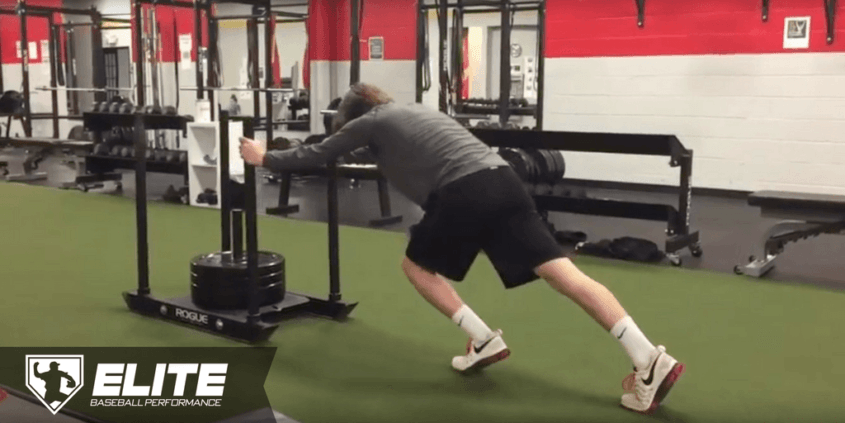
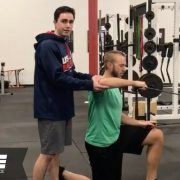

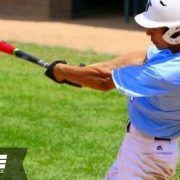
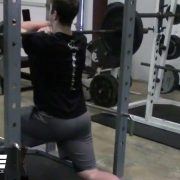
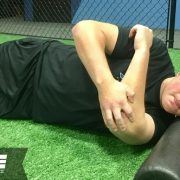
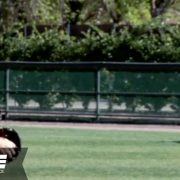


Leave a Reply
Want to join the discussion?Feel free to contribute!